Communicating with school
Open, honest and positive relationships with your child’s school are essential.
However, we understand that sometimes there are moments when you may find it difficult to communicate with the school.
We have provided below a number of tips and ideas to help you think about how you are communicating with the school staff – and what you can do if you are unhappy about how they are communicating with you.
Finding it hard to communicate with the school
If you are finding it difficult to communicate with the school staff, or feel like they don’t take your comments seriously, it may be helpful to change the way you engage with them to see a positive result.
When you are communicating with the school, consider:
Don’t stop the teacher in the playground or corridor
Contact the teacher and ask for a meeting or a time to call if this is needed. Schedule in a time to talk about your concerns, or send them an email clearly outlining your points.
Stopping them in the playground may seem like a good use of time for you, but they are still working and need to be looking out for all the other children at this time.
Remain polite and respectful
Whoever you are talking to at school, and however you feel, make sure that you remain polite.
You can be assertive if you feel you need to be, and respectfully disagree with a decision or opinion, but always make sure to keep the relationship as positive as possible.
Put your questions in writing
Once you have a meeting arranged, you can also email your concerns before.
This gives the staff member time to find the answers for you.
You can then print your email to take as a prompt so you don’t forget anything when you’re in the meeting.
Record the agreed actions in writing
If you feel that actions aren’t always seen through or if you remember agreements differently, follow up any communication, such as a meeting or a phone call, with an email giving an overview of what was discussed, and what was agreed.
Send this to the relevant staff and then you have it documented with your helpful understanding of events. This saves time in the future whilst also minimising the chance of miscommunication.
Make the Senco your ‘best friend’
Positive relationships are important. You can model to your child interacting with staff in this way.
This also makes it much easier for you and the Senco to:
- keep up a good channel of communication
- agree how regularly you would like to catch up, such as a weekly email, a termly meeting or something else
Consider talking to another staff member
As helpful as they may be, if you feel that the situation isn’t resolving itself because the current member of staff may not be the right person to talk to, is there someone else you could contact?
If you are talking to the SENCO, are there certain questions you have that you could direct to the head of year or other school leader?
Focusing on who the right staff member is can really help speed things up. This also puts less pressure on one person to find out all the answers.
If you are unhappy with how the school is communicating with you
If you feel you have tried everything and the situation has not improved, you could make an official complaint to the head teacher.
Academies will have their own complaints procedures, but usually the initial complaint is to the head teacher, and if you are not satisfied with their resolution, the second stage is typically to the chair of governors.
The school must make this information available on their website.
Further help and support
You may also find the following websites useful:

